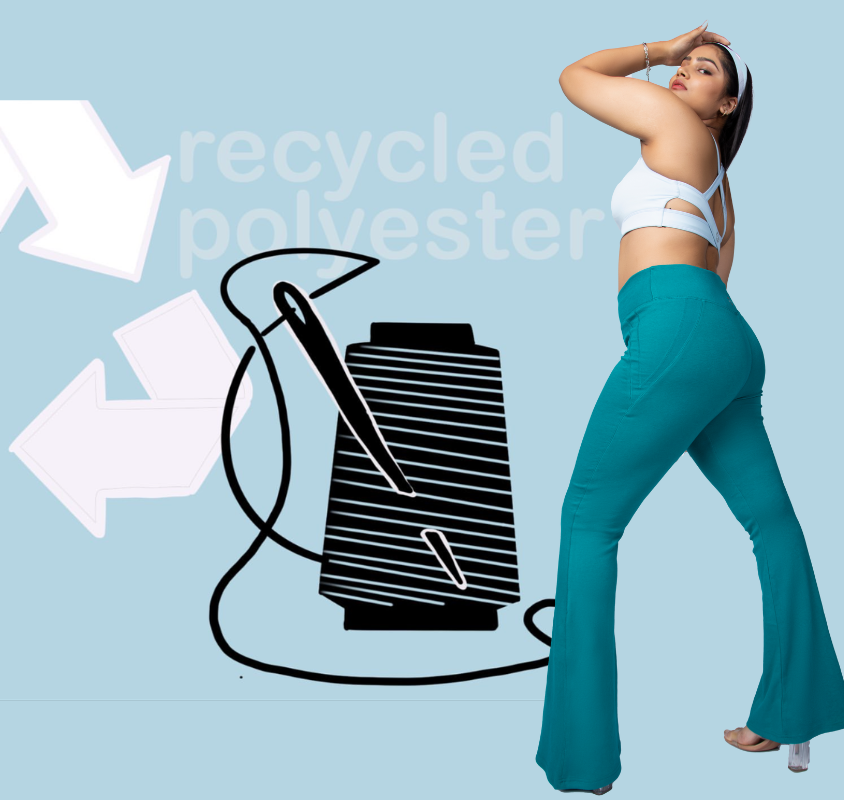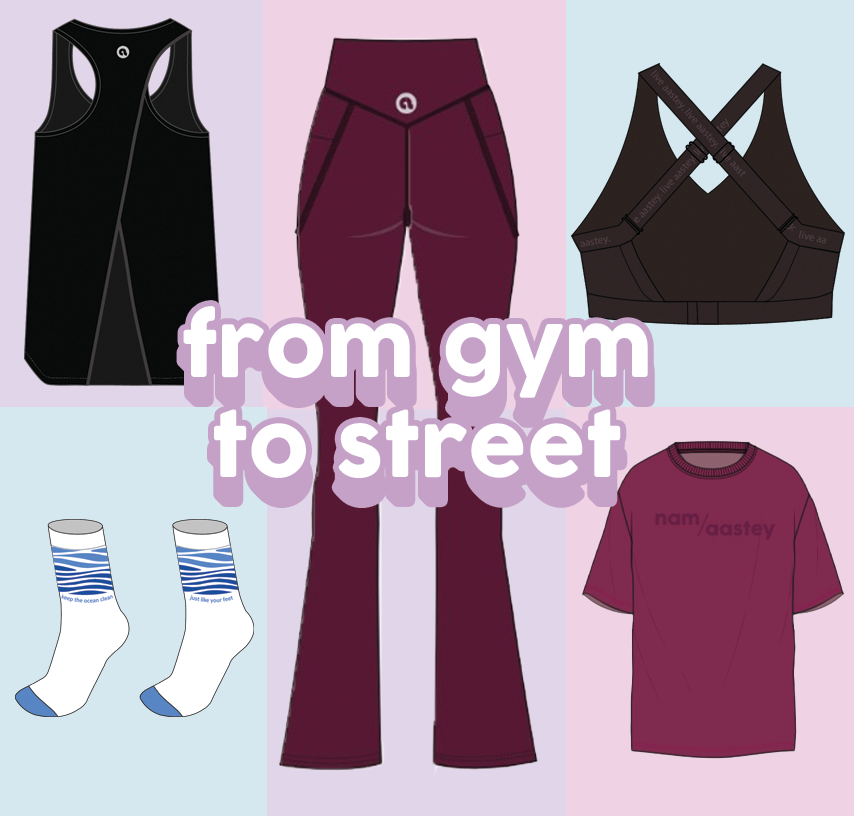hello tribe! how are you doing?
ethically produced products may be out of reach for many conscious buyers with tight budgets because they are typically more expensive for many good reasons.
fortunately, there are lots of low-cost, clear and concise alternatives to shop ethically. just think outside the box to easily afford sustainable, moral, and cruelty-free goods.
responsible sourcing and ethical production of goods will eventually become the standard, and their costs will decrease, as more and more people demand transparency, ownership, and sustainability.

here is the perfect guide to ethical buying on a budget to engage you in becoming a more thoughtful buyer.
avoid animal-derived ingredients

pigs, cows, rabbits, foxes, birds, and lambs are just a few of the animals that are enslaved, exploited, subjected to torturous procedures, and exposed to hazardous materials with long-term catastrophic repercussions on ecosystems and human health.
animal products and byproducts are avoided by ethical brands. they don't employ animal testing, and they don't use any ingredients obtained from animals in their products.
thankfully, more and more ethically conscious consumers decide to avoid using any components from animals. they are aware that high-quality, reasonably priced goods can also be animal-free.
buy from ethical brands
promote brands that are socially and environmentally responsible. purchase goods from organisations and businesses that are working hard to defend the environment, animals, and human rights. to have an impact on the world, even small actions count. as a conscious consumer, you have the ability to influence global change for the better by making wise purchasing decisions and casting your financial vote.
look for certifications

make sure the goods you're going to purchase were produced in accordance with the highest social standards as a responsible consumer. everybody may have a part in bringing about change and can do so by taking initiative. searching for certifications is an excellent approach to determine if a product was produced ethically. in general, certified products are more environmentally friendly and ensure socially acceptable working conditions throughout the whole production chain.
shop for locally-made goods

purchase as many locally and organically produced foods, apparel, and cosmetic items as you can. shop the farmers' market for delicious, organic, and locally produced goods.
your ecological footprint is significantly reduced when you choose locally produced, organic goods versus those that are mass-produced. buy in bulk to save money and make a conscious effort to find products that are ethically and regionally sourced. you can support local farmers and workers by buying their goods, giving them the ability to support their families with stable incomes.
purchase eco-friendly products

consider purchasing eco-friendly products that are manufactured using sustainable materials. look for products made of recyclable, biodegradable, compostable, natural, and organic materials. invest in products that are higher-quality and more long-lasting. products with high-quality construction and materials last longer, produce less pollution, and conserve resources. materials created from natural and organic fibres, such as organic cotton, hemp, linen, jute, wood, glass, and paper, have little effect on society or the environment.
buy fewer unnecessary things
to purchase things that are both fair and environmentally friendly without spending a lot of money, shop wisely, conduct some research, and think outside the box. one of the best ways to achieve this is to cut back on the amount of unnecessary items you purchase each month. the item you already own is the most environmentally friendly one.
buying fewer products is the most effective method to save money and the environment. think about the implications of each purchase you make as a responsible consumer. adopt a more ethical and sustainable consumption strategy by limiting your purchases to the necessities for your daily existence.
live aastey!

































